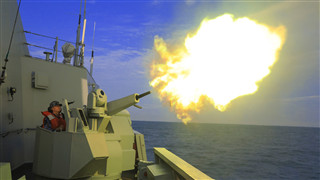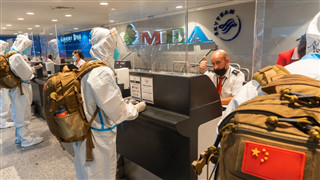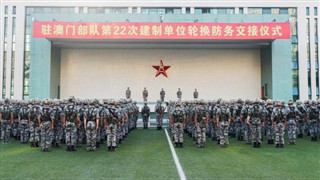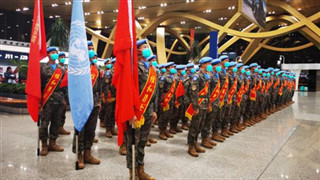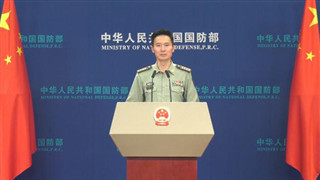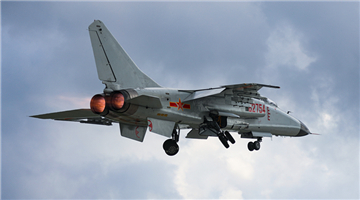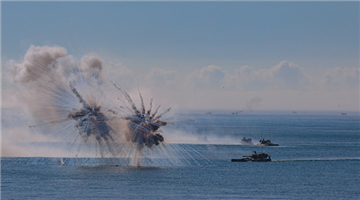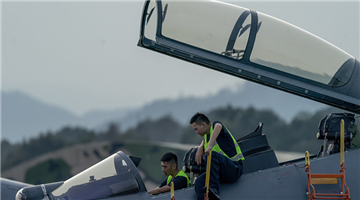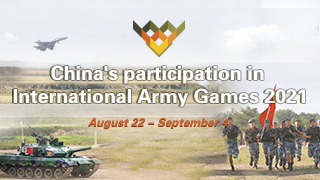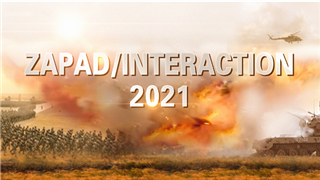
BEIJING, Sept. 1 -- The martyrs' remains search and identification center under China's Ministry of Veterans Affairs and relevant military units have extracted the DNA information of the remains of the Chinese People's Volunteers(CPV)martyrs and established a database by technical means since the beginning of this year. The identity and kinship of four martyrs including Liang Baiyou, Zhan Zhizhong, Wu Xiongkui, and Lin Shuishi have been identified.
The identification of the remains of unknown martyrs is difficult due to long time, lack of information, and distant kinship. Over the past 70 years, most of the relatives and friends who knew the martyrs have passed away, while the relevant household registration information is difficult to research and verify.
At the same time, the identification work also faces the challenge in extracting DNA from the remains of martyrs. The remains of martyrs were wounded by war and damaged by environmental factors after being hurriedly buried on the battlefield, causing their DNA information to be severely degraded. The expert team sifted multiple formulas and finally successfully extracted DNA information from more than 95 percent of the samples, reaching the world-leading level.
Next, China’s Ministry of Veterans Affairs will conduct information alignment by informatization and big data technology, establish a kinship information database for more than 20,000 CPV martyrs who died in South Korea, and collect the DNA information from the relatives of martyrs in phases and batches. The relevant work is very important and needs to be in a race against time.
After the completion of the DNA database of the relatives of martyrs, the remains of CPV martyrs handed over between China and South Korea every year can be compared with the DNA database so more "unknown" martyrs could be identified.
